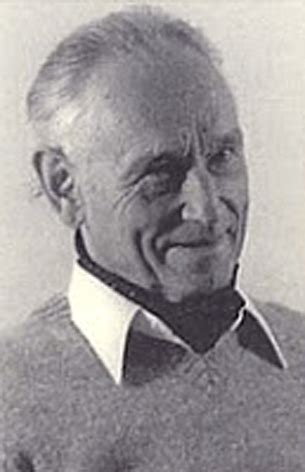A Quote by Jean de la Bruyere
An egotist will always speak of himself, either in praise or in censure, but a modest man ever shuns making himself the subject of his conversation.
Related Quotes
Good work is no done by "humble" men. It is one of the first duties of a professor, for example, in any subject, to exaggerate a little both the importance of his subject and his own importance in it. A man who is always asking "Is what I do worth while?" and "Am I the right person to do it?" will always be ineffective himself and a discouragement to others. He must shut his eyes a little and think a little more of his subject and himself than they deserve. This is not too difficult: it is harder not to make his subject and himself ridiculous by shutting his eyes too tightly.
A Christian should put away all defense and make no attempt to excuse himself either in his own eyes or before the Lord. Whoever defends himself will have himself for his defense, and he will have no other. But let him come defenseless before the Lord and he will have for his defender no less than God Himself.
As Lucretius says: 'Thus ever from himself doth each man flee.' But what does he gain if he does not escape from himself? He ever follows himself and weighs upon himself as his own most burdensome companion. And so we ought to understand that what we struggle with is the fault, not of the places, but of ourselves
There is no deception on the part of the woman, where a man bewilders himself: if he deludes his own wits, I can certainly acquit the women. Whatever man allows his mind to dwell upon the imprint his imagination has foolishly taken of women, is fanning the flames within himself -- and, since the woman knows nothing about it, she is not to blame. For if a man incites himself to drown, and will not restrain himself, it is not the water's fault.
I believe that the unity of man as opposed to other living things derives from the fact that man is the conscious life of himself. Man is conscious of himself, of his future, which is
death, of his smallness, of his impotence; he is aware of others as others; man is in nature, subject to its laws even if he transcends it with his thought.
The most offensive egotist is he that fears to say "I" and "me." "It will probably rain" - that is dogmatic. "I think it will rain" - that is natural and modest. Montaigne is the most delightful of essayists because so great is his humility that he does not think it important that we see not Montaigne. He so forgets himself that he employs no artifice to make us forget him.






































